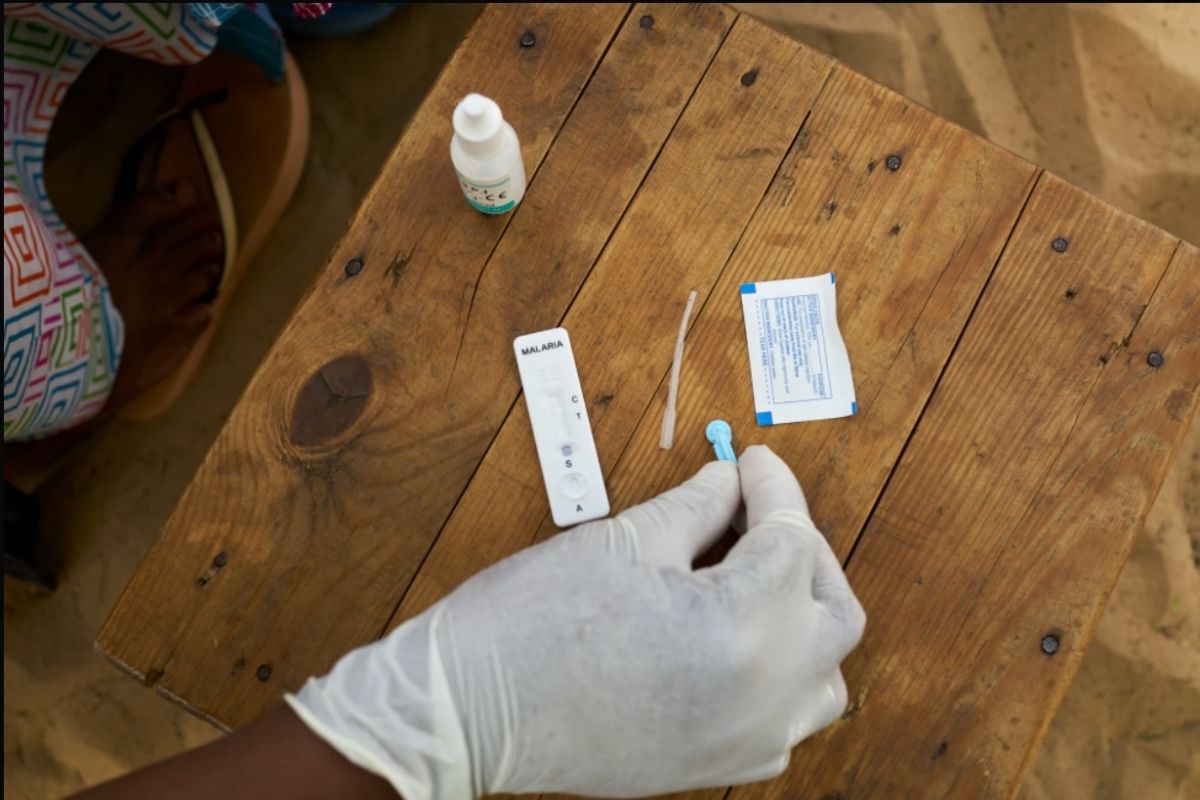Liberia's health dept accused of $1m theft

Liberia’s Ministry of Health has come under the spotlight after misappropriating international funding. By Jonathan Paye-Layleh in Monrovia.
The Liberian Ministry of Health has been accused of corruption and asked to return nearly $1 million in missing money by a Swiss organisation that funds research into HIV/Aids, tuberculosis (TB) and malaria.
Global Fund invests more than $4 billion a year to support healthcare programmes in more than 100 countries. However, the organisation asked the Liberian health ministry to return $990,000 on April 8 for alleged ‘noncompliance of programme implementation’.
The Liberian health sector has remained weak, underequipped, and unable to address simple cases since the end of the country’s bloody wars nearly 20 years ago.
It relies heavily on outside assistance and funding from institutions like Global Fund to implement life-saving health campaigns.
In an investigation report just released, Global Fund cited a number of financial malpractices and misallocations involving the use of its grants to the Liberian Ministry of Health.
They include the alleged use of funds to pay taxes on fuel, and knowingly misrepresenting certain tax exemptions.
The investigation uncovered that in March 2020, the Liberia National Aids Control Program (NACP) under the Ministry of Health spent $11,420 on allowances to conduct maintenance and training for GeneXpert machines and chemistry analysers.
But the same staff members were recorded as attending different events on the same dates.
'NACP attendance logs showed that staff members allegedly participating in the activities were actually present at the NACP office. Vehicle logs and activity reports were fabricated,’ said the Global Fund report.
It reviewed payment vouchers, supplier invoices, per-diem distribution lists, attendance records, activity reports and vehicle logs for activities carried out by the National AIDS Control Program (NACP) and the National Malaria Control Program (NMCP), totalling more than half-a-million dollars.
Seventy-five percent of the money was said to have covered expenditures for field activities.
But Global Fund found out that ‘in 90 per cent of these expenditures there was no reasonable assurance that the activities took place as reported'.
The organisation discovered that in June 2019, a cheque for $23,535 was made payable to a Program Coordination Unit (PCU) accountant of the ministry to cover daily subsistence allowances, transportation reimbursement, catering, and hall rental for five meetings in five counties to roll out the 2019/2020 National Operational Plan.
The report discovered that the payment and supporting documents found multiple red flags, including identical phone numbers and taxpayer-identification numbers for supplier bidders, and the same names listed in attendance registers for the same day in different areas, adding that ‘all attendance registers contained entries apparently written by the same hand'.
A further review of expenditure uncovered that the ministry had 'overcharged Global Fund $90,638' to provide meals and other allowances, ‘using unverifiable vouchers’.
Global Fund said it regrets that during the period under review the ministry’s ‘controls, policies, and oversight to mitigate fraud and misappropriation were either insufficient or did not exist,’ adding: ‘Where they existed, they were overridden.’
The health ministry has responded in a detailed statement admitting to certain wrongs but insisted that with the vigorous system of check and balance the Global Fund grant management system has in place at the Ministry of Health ‘along with our robust Financial Management System and many years of managing grants’ make it ‘impossible to engage in massive corruptions without being detected over a long period of time as claimed in the report’.
Rejecting Global Fund’s call for the almost $1m restitution, the ministry added: ‘Restituting this amount is unfair... We however concede that some amount must be restituted depending on the circumstances.’



